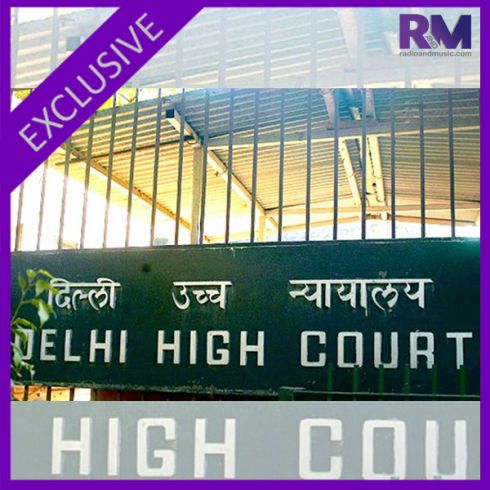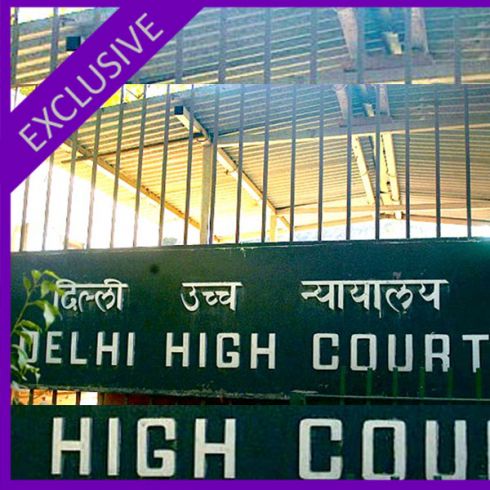

MUMBAI: It's a judgment that has taken some time a-coming. For long, Indian event organisers and agencies have been battling with the music licensing in various courts – the IPRS (Indian Performing Right Society) and PPL (Phonographic Performance Limited) and Novex Communications – on their legal standing to collect royalties for music that is played out during ground events that the former organise. While the first two bodies represent the interests of writers, authors, composers and almost all Indian and international music labels, the latter collects royalties from event organisers for music from the YRF and Zee Music stables.
With many parties and gigs planned by many event organisers for the new year – which is a plum time for these three bodies to collect revenues for live events and parties - the Event & Entertainment Management Association filed a petition with the Delhi high court on 21 December. It named the Indian government, the Copyright Office and PPL, IPRS, and Novex Communications and the Federation of Hotel & Restaurant Associations as respondents to the case.
The petition highlighted that "despite the fact that currently neither of the bodies issuing ‘licenses’ are, in fact, registered copyright societies – PPL / IPRS and Novex - however, they still continue to grant licenses and continue to be in the business of granting licenses.”
Two days later, on 23 December 2016, Justice Sanjeev Sachdeva issued an order which reads. “..the respondent Nos.3 (PPL) to 5 (IPRS and Novex Communications) are restrained from acting in contravention of Section 33 of the Act and the respondent Nos.1 and 2 (Union of India and Copyright Office respectively) are directed to take action in accordance with law for any breach of provisions of Section 33 by the respondent Nos.3 to 5.”
According to the EEMA , this effectively means that the three bodies have been barred from collecting money for music licensing for events until the next hearing which is scheduled for 24 April 2017.
“The Music Licensing lobby (PPL / IPRS / Novex) has been engaged in illegal issuance of licenses since over two years now and flouts all laws by openly threatening venues to stop events unless the license is procured,” says EEMA secretary (legal) Ankur Kalra: “Venues, in turn,pressurise event managers to do the same who despite knowing that it is wrong are forced to procure these licenses in order to safeguard their events. The music licensing ‘societies’ today are private limited companies operating purely for profit and very little or no money actually reaches the artists. It has become an organised syndicate and when we highlighted the same to the court we got an injunction almost immediately. We will take this battle forward and ensure that all event managers, venues and police departments are educated on this matter so that they are not part of the exploitation.”
Adds EEMA legal counsel Abhishek Malhotra: “The music industry has been going through a flux. While the law clearly provides that issue and grant of licenses can be done only through a registered copyright society, these three entities have been effectively carrying on this business in violation of the clear legal provisions. This order as well as the government of India's endorsement of the issues facing the users of music is therefore a welcome development."
Indian Singers Rights Association (ISRA) managing director & CEO, Sanjay Tandon spoke to Radioandmusic.com concerning the Delhi High Court’s decision, welcoming the move but calling it a setback to the copyright movement in the country. “There exist a lot of unnecessary hassles when there are multiple organisations acting as collecting agents. None of these entities are even registered anymore. It’s high time these societies behave responsibly and transparently.”
Radioandmusic.com contacted several senior professionals from the music industry. Most were in the dark about the Delhi High Court injunction order. However, IPRS CEO Rakesh Nigam exclaimed that the order does not concern “the IPRS as it has been functioning under section 30 of the Copyright Act. The High Court’s verdict concerns bodies working under section 33 of the Act.”